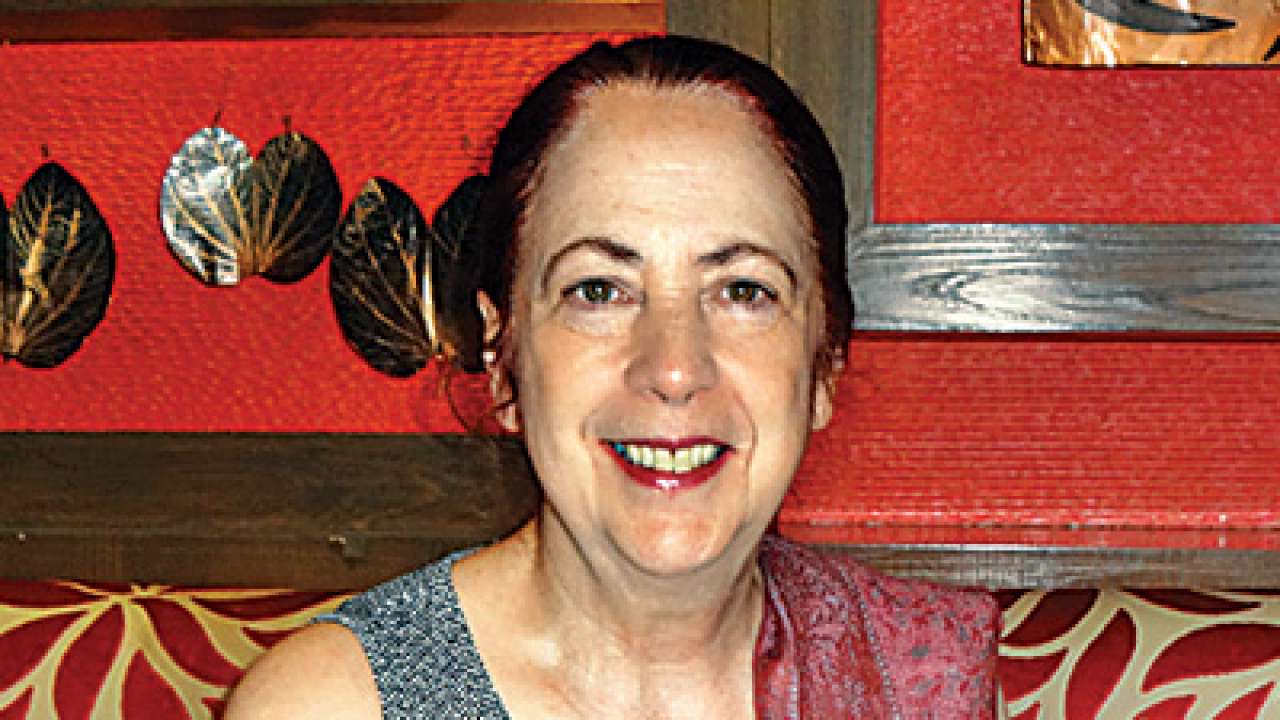
The world over, senior citizens have long been subjected to neglect. So much so that while the United Nations has given women, children or refugees special status and conventions have been designed to look after their needs, the UN has relegated the elderly to the status of 'others.' For over a decade now, the elderly have been demanding convening an international convention to safe guard their rights.
dna talked to Susan Somers, a member of UN open ended working group, who was in India recently. She is rather disappointed the way India treats its elderly, and is now working tirelessly to ensure that the UN Convention on Rights of Older Persons gets framed.
1. What is the need for a separate convention on safeguarding the rights of the elderly?
The rights of the elderly aren't visible in international law. This when their population is expected to rise from 600 million in 2000 to two billion in 2050. Their number is expected to triple in the next 40 years and 80% of the elderly is estimated to be living in developing countries. Their rights though embedded are yet not specific in international human rights conventions on economic, social, civil, cultural and political rights. Some rights may have more relevance in older age than at other times in one's life: for example the right to social security in the form of a pension, or the right to access appropriate health and social care services.
What change will such a convention bring about?
Lack of policy issues is condemning the elderly, who could otherwise contribute economically and socially to the society. Now, data on women on violations and abuse is maintained only up to 49 years, and the plight of those over 49 years is neglected in the UN proceedings. Therefore, the campaign for introducing a separate UN Convention was started in 2010, and since 2011, five meetings have been held to discuss the issue; it however has a long way to go.
Which countries are supportive and who are against the formation of such a convention?
Even though the fifth open ended working group (OEWG) on discussing the formation ended in August, the 193-member states remain divided on the formation of a UN convention on the issue. Just over a hundred countries attended the meeting, and only half of all the member countries have attended all the five meetings held since 2011. In the beginning only about 17 countries agreed to form an OEWG, four countries refused and hundreds remained physically absent from negotiations.
Why did India abstain from the meetings from 2012 onwards?
North America, Canada, the US and all EU countries as a block voted against it. They have the wrong understanding that a new convention on the elderly would be an economic burden on the younger population. Indian ambassador to the UN refrained from attending the 3rd and the 4th OEWG meetings. China and Japan have been acting difficult as far as formation of the UN convention is concerned.
Which countries have taken the lead in formation of the convention?
Some countries were visionaries as far as rights of the elderly are concerned. Latin America nations like Argentina, Brazil, Chile and Uruguay ensured rights of older persons in 1948. The social protection mechanisms of Brazil have worked excellently. Taiwan started a universal pension for all elderly seven years ago. Using less than two per cent of GDP, they were able to transform the lives of the elderly.
What services should India start for its elderly?
India has close to 10 crore elderly people, but there are barely any services for them. They should at least be eligible for proper medical care. The US govt spends billions of dollars on health care of the elderly. Many of them have after-retirement insurance; the poor have medical card, food stamps and their housing is paid for. Nursing home care and elective surgeries are covered under medical insurance. India too needs to start treating its elderly with respect.